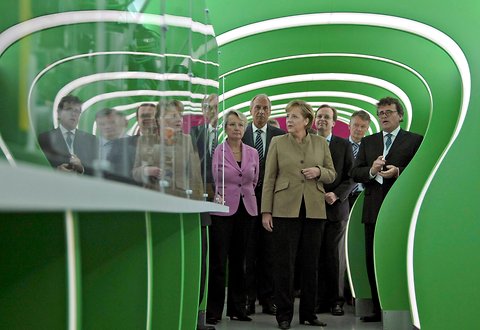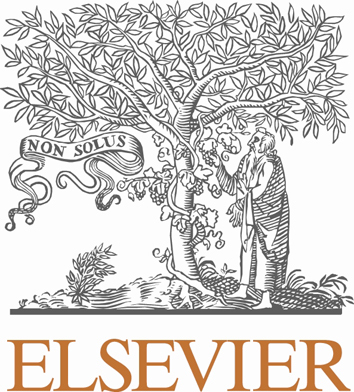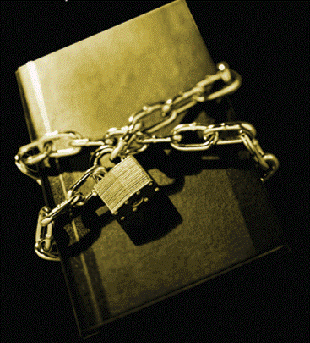I’ve visited Singapore a few times in recent years and been impressed with its wealth and modernity. I was also quite aware of its world-leading programs in mathematics education and naturally noted that one of the candidates for president was Tony Tan, who has a Ph.D. in applied mathematics. Tan won the very close election and joined the government of Prime Minister Lee Hsien Loong, who also has a degree in mathematics.
China has even more scientists in key positions in the government. President Hu Jintao was trained as a hydraulic engineer and Premier Wen Jiabao as a geomechanical engineer. In fact, eight out of the nine top government officials in China have scientific backgrounds. There is a scattering of scientist-politicians in high government positions in other countries as well. German Chancellor Angela Merkel has a doctorate in physical chemistry, and, going back a bit, Margaret Thatcher earned a degree in chemistry.
One needn’t endorse the politics of these people or countries to feel that given the complexities of an ever more technologically sophisticated world, the United States could benefit from the participation and example of more scientists in government. This is obviously no panacea — Herbert Hoover was an engineer, after all — but more people with scientific backgrounds would be a welcome counterweight to the vast majority of legislators and other officials in this country who are lawyers.
Monthly Archives: February 2012
Did you know?: 5,000 profs join boycott of Elsevier publications in international “academic springâ€
An “academic spring†has broken out against scientific journal publisher Elsevier, says a New Scientist report by Jacob Aron.
According to the report, “Inspired by a University of Cambridge mathematician, over 5000 academics have agreed to boycott publishers Elsevier, vowing not to peer-review or submit papers for any of its scientific journals.â€
5,000 profs join boycott of Elsevier publications in international “academic spring” via Melville House Books.
Just wondering: Do you have to be a poet to edit poetry?
Don Paterson, an editor and a poet, claim[s] that “A non-poet can’t do a line-edit on a poemâ€; it is essential for an editor to be a poet, too.
Michael Schmidt, the editor of Carcanet Press and PN Review, added that the job can be tricky when grappling with the work of someone from a different culture. “If you’re publishing a Zimbabwean poet or a poet from India or New Zealand, they’ll speak a language different from your own,†he said, adding, “This is an issue between genders as well.â€
Both these points are slightly disquieting. If only poets can edit the work of another, does that mean that only poets fully comprehend the work?
Contemporary poetry: Do you have to be a poet to edit poetry? | The Economist.
February Book Display
New Madrid Earthquakes
200th Year Anniversary
New Madrid, Missouri Seismic Zone is the most seismically active region in the Central United States today and is famous for a series of Three major earthquakes in 1811 and 1812. They are noted for being the most prolonged series of earthquakes in US history. Come visit our display concerning earthquakes that have occurred locally and worldwide.
Did you know your library can’t buy eBooks from many publishers?
Sadly, unlike a regular person, a library cannot pay Amazon or Barnes & Noble for an eBook and then lend it out to people. We can buy a printed book from these companies, stick it on the shelf, and lend it out–but digital content is treated differently by the publishers and the companies who manage digital content licensing. We desperately want to offer you these eBooks. But the companies won’t let us. As your library, we commit to continuing advocacy for change in these policies.
For more info and to see who to contact, please see bit.ly/noebooks


